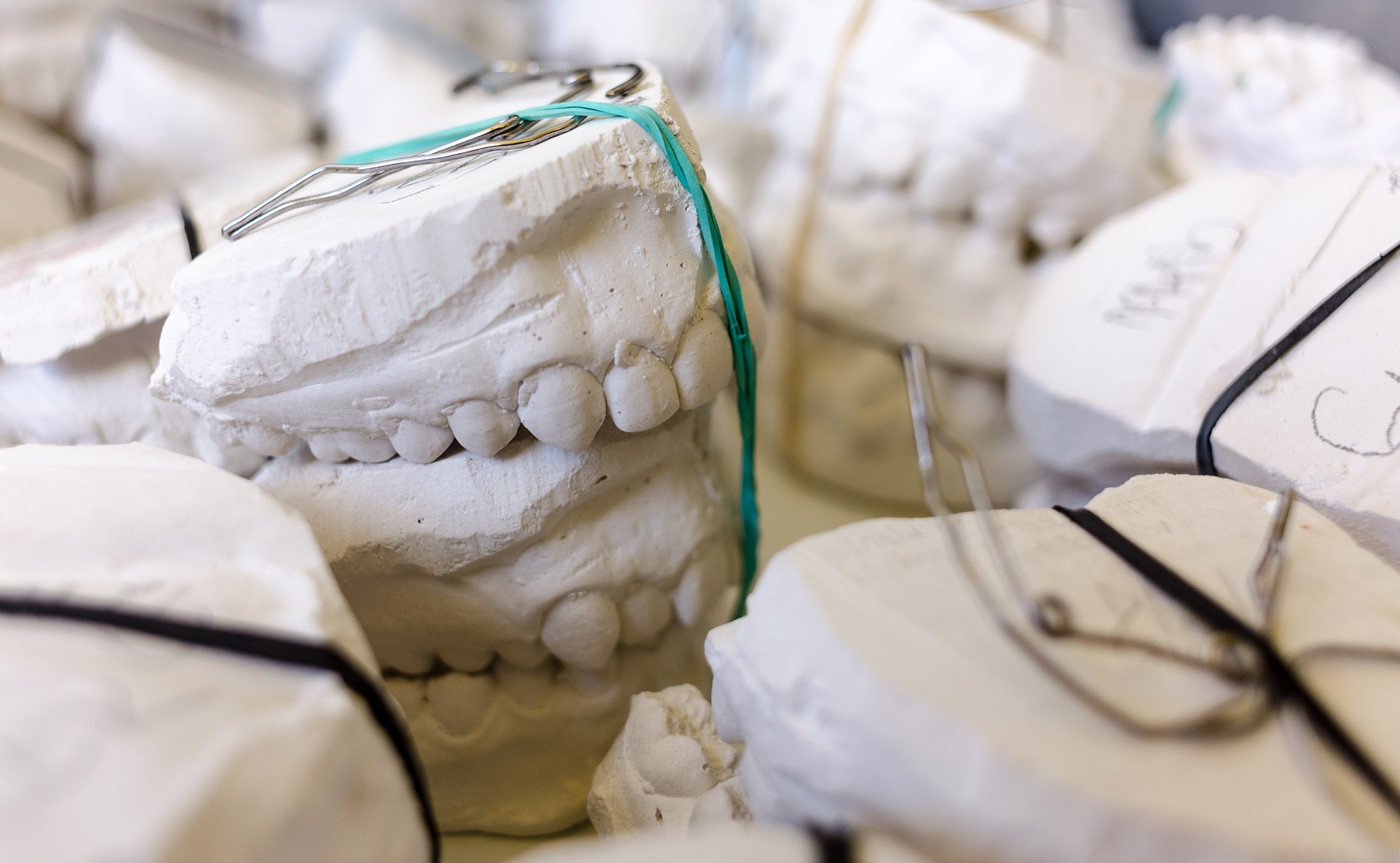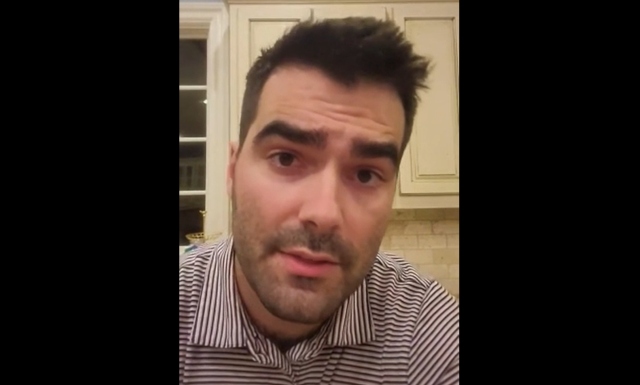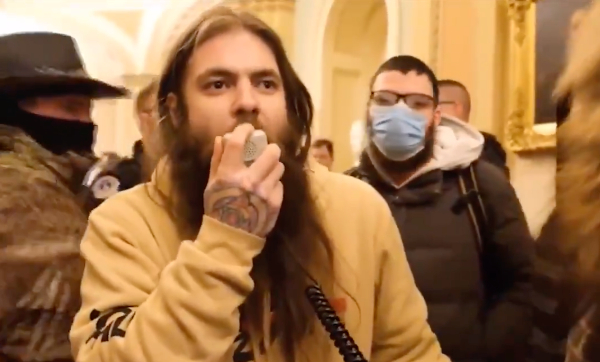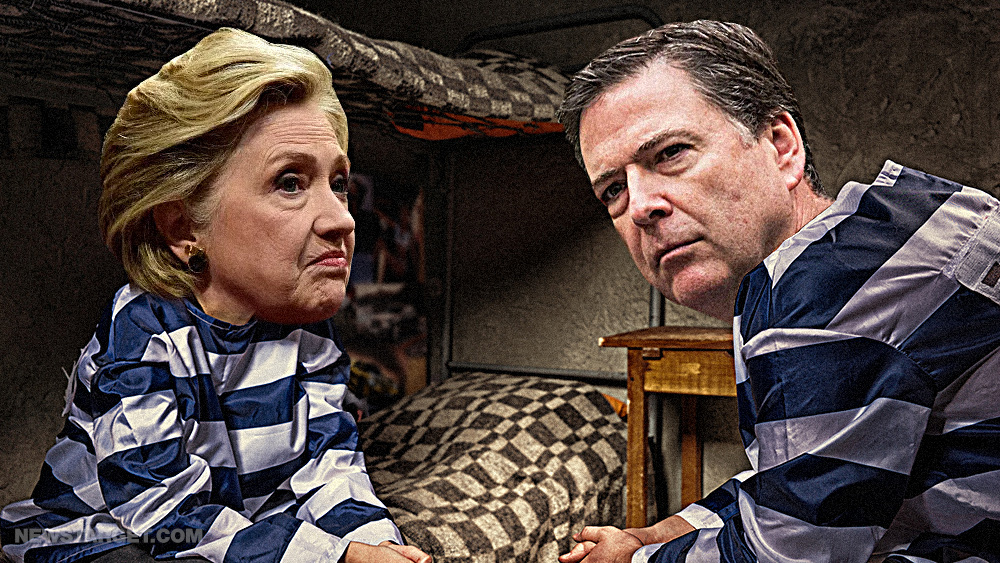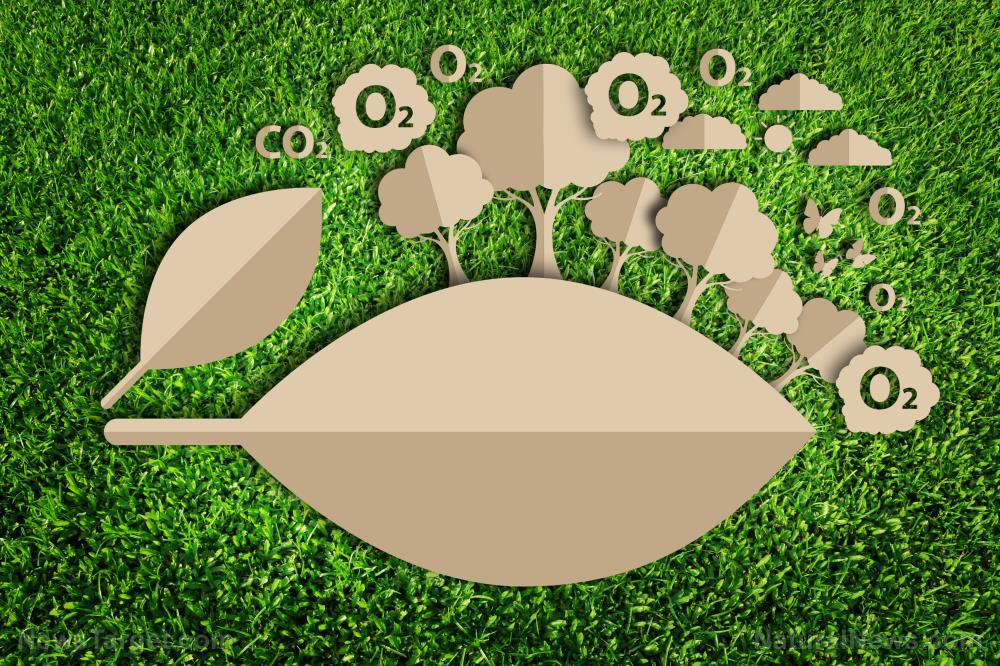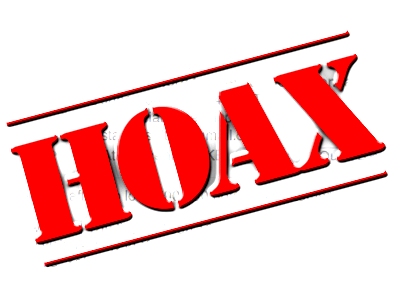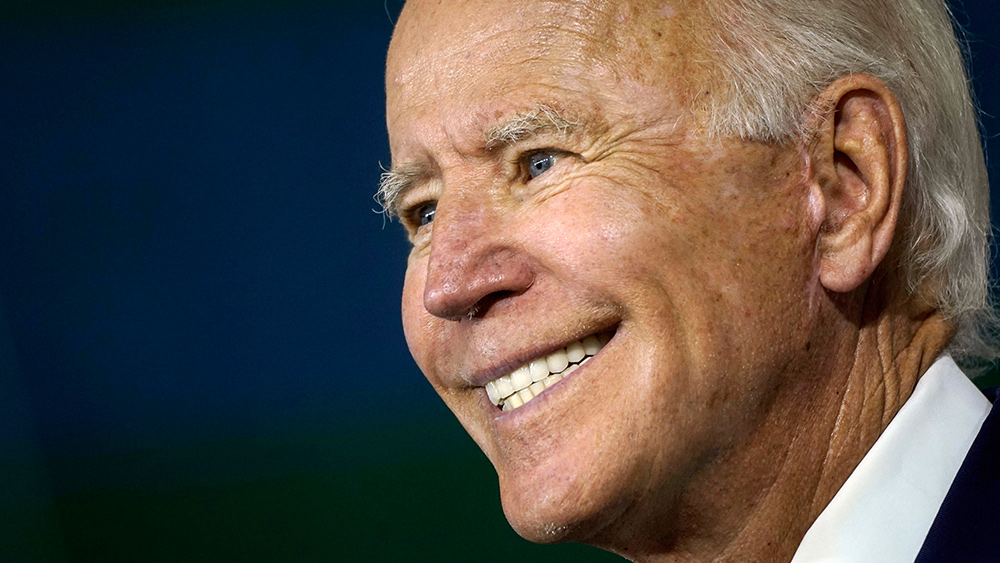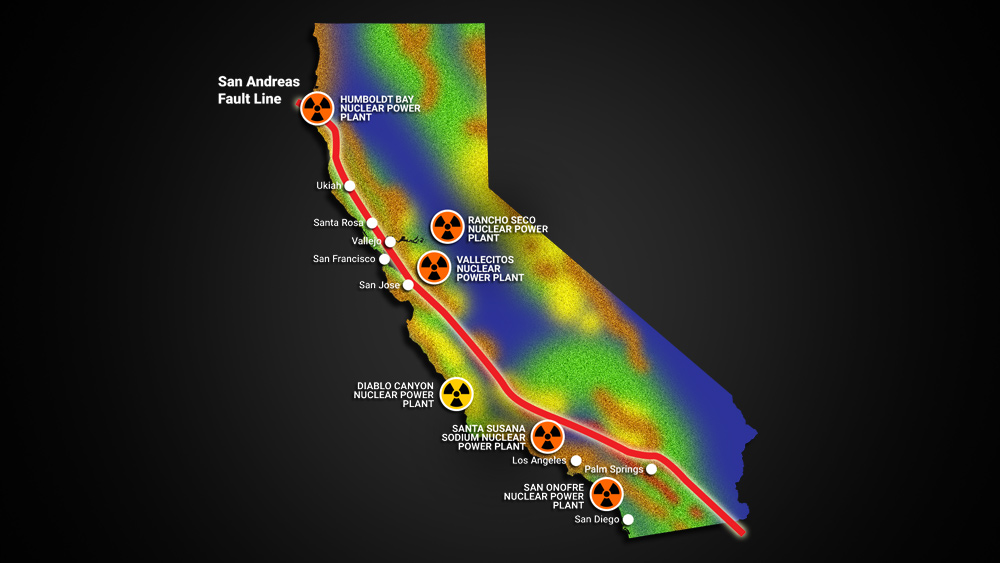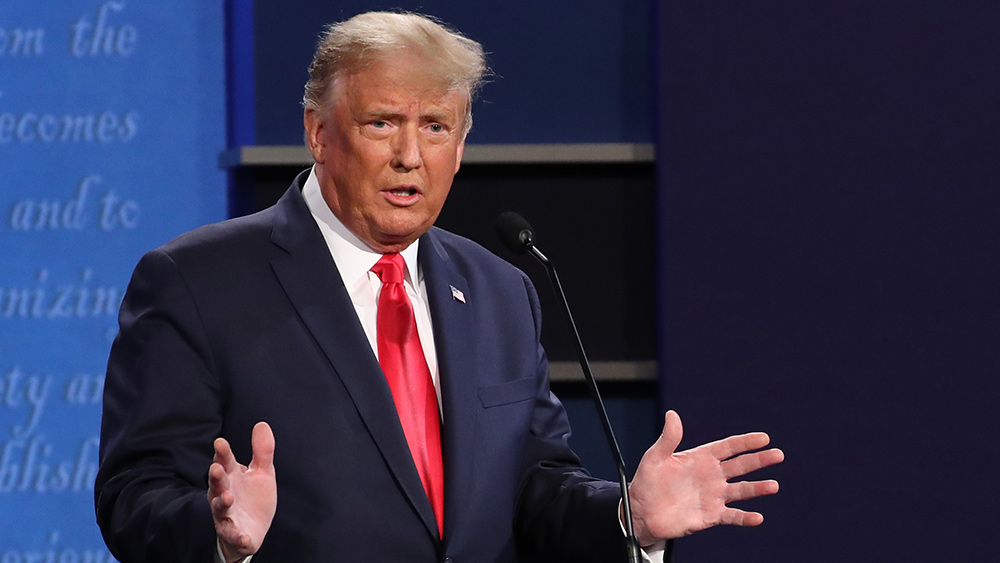When the BBC and corporate coward Dow Chemical got hoaxed by the Yes Men and lost $2 billion overnight
09/22/2015 / By Norman Smith
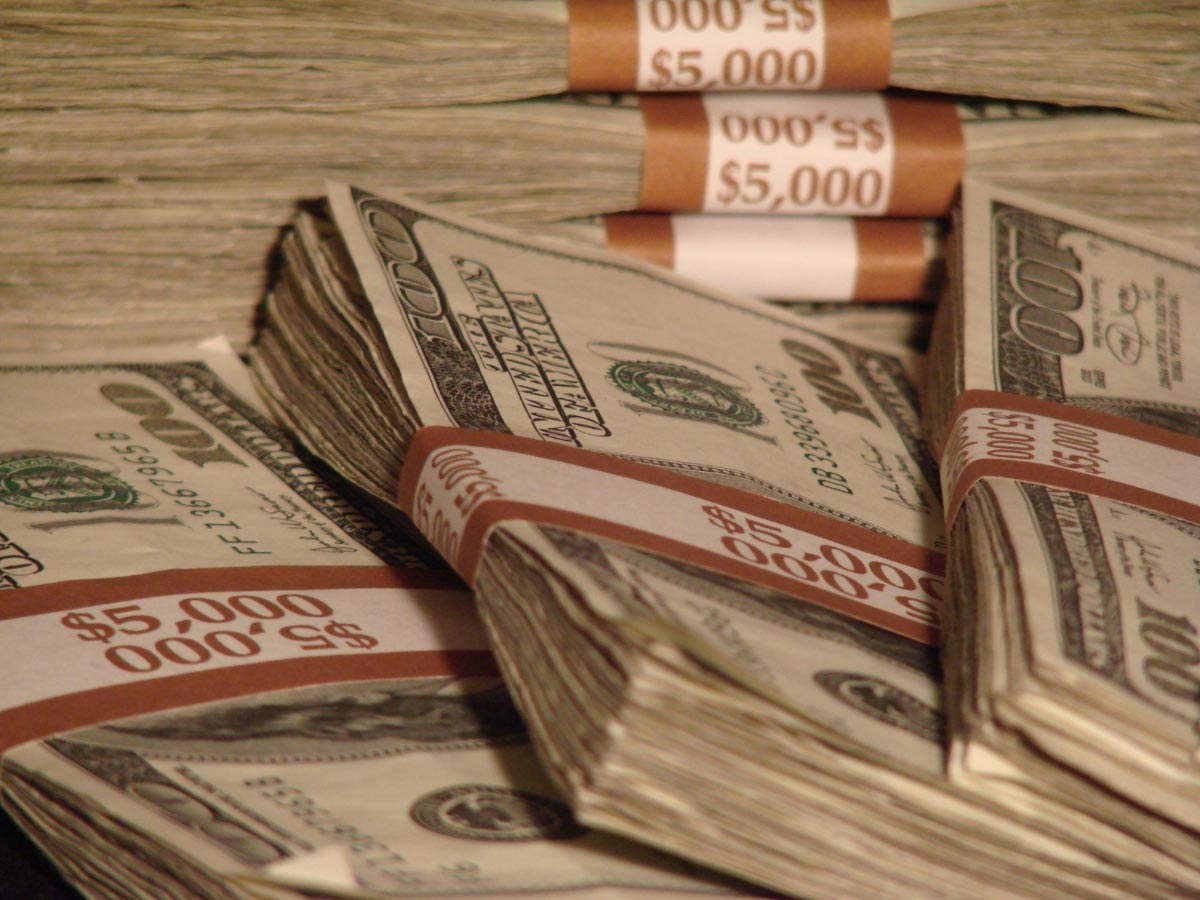
“On December 3, 1984, Union Carbide–now part of Dow–accidentally killed 5,000 residents of Bhopal, India, when its pesticide plant sprung a leak. It abandoned the plant without cleaning it up, and since then, an estimated 15,000 more people have died from complications, most resulting from chemicals released into the groundwater. Although legal investigations have consistently pinpointed Union Carbide as culprit, both Union Carbide and Dow have had to publicly deny these findings. After the accident, Union Carbide compensated victims’ families between US$300 and US$500 per victim.”[1]
The preceding quote is from a hoax press release written in 2003 by the Yes Men, who define themselves as “a group who use any means necessary to agree their way into the fortified compounds of commerce, and then smuggle out the stories of their undercover escapades to provide a public glimpse at the behind-the-scenes world of big business.”
The hoax press release was posted on a hoax website called DowEthics.com, also created by the Yes Men. Although the press release was a hoax, its contents are 100% true in summarizing what is commonly known as the “Bhopal Disaster.”
In 2004, on the 20th anniversary of the Bhopal Disaster, the BBC decided that it wanted to interview someone from Dow about it, so they went to the Dow website and requested an on-air interview with a Dow spokesperson. However, the website they went to wasn’t the real Dow website, but rather it was the fake Dow website set up by the Yes Men. So one of the Yes Men, Andy Bichlbaum, posing as Dow representative Jude Finisterra (who didn’t exist), agreed to do the interview. On December 3, 2004, “Jude Finisterra” was interviewed live on the BBC and announced that Dow was finally going to do the right thing and accept responsibility for the Bhopal Disaster, and was going to pay $12 billion in compensation to the victims. This apparent act of corporate responsibility caused stock markets to panic, and Dow’s share price immediately plummeted, quickly wiping $2 billion off its market value.[2, 3, 4]
Dow frantically contacted the BBC and said that they didn’t know who Jude Finisterra was, and that what he said was not true. The BBC, realizing that they’d been punked, issued a retraction, and Dow announced that it actually had no intention of doing the right thing, and would not be paying anything to the victims of the Bhopal Disaster. This good news reassured stockholders, and Dow’s shares rebounded. When Reuters asked Andy Bichelbaum about the hoax, he explained: “I was speaking on behalf of Dow in a certain way. I was expressing what they should express.”[3]
Sources:
[1] DowEthics.com
[2] Hoaxes.org
[3] CNN.com
[4] YouTube.com
Submit a correction >>
Tagged Under:
BBC, Bhopal Disaster, Dow Chemical, India, mainstream media, the Yes Men
This article may contain statements that reflect the opinion of the author
RECENT NEWS & ARTICLES
COPYRIGHT © 2017 HOAX NEWS

